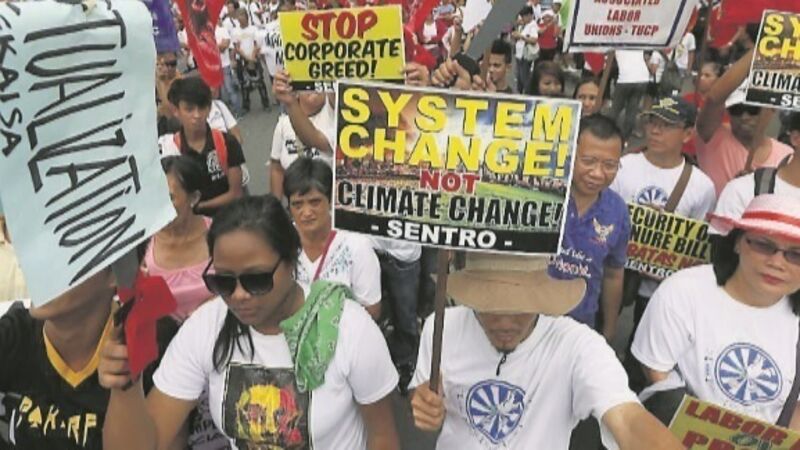Battle waged by more than 100 countries to secure best climate change deal

The broad outlines of a deal involving all countries has political agreement, but the details were still to be finalised, dealing with who would pay how much into a fund to help the worst affected countries and how the targets for emissions reduction would be checked.
The text had been honed down from almost 100 pages to 27 as the French negotiators strived to get agreement, but this led to accusations that they were settling for the lowest common denominator.














